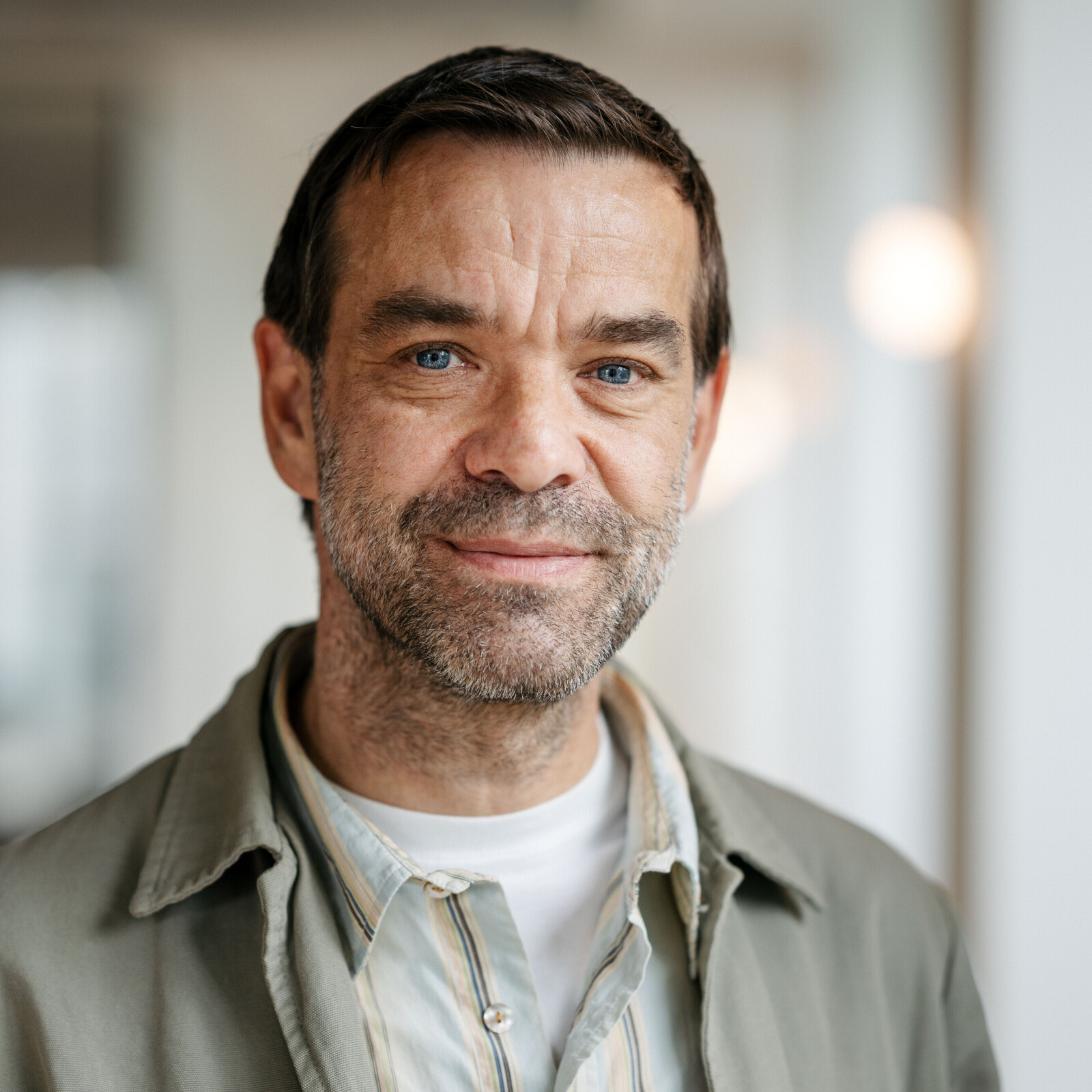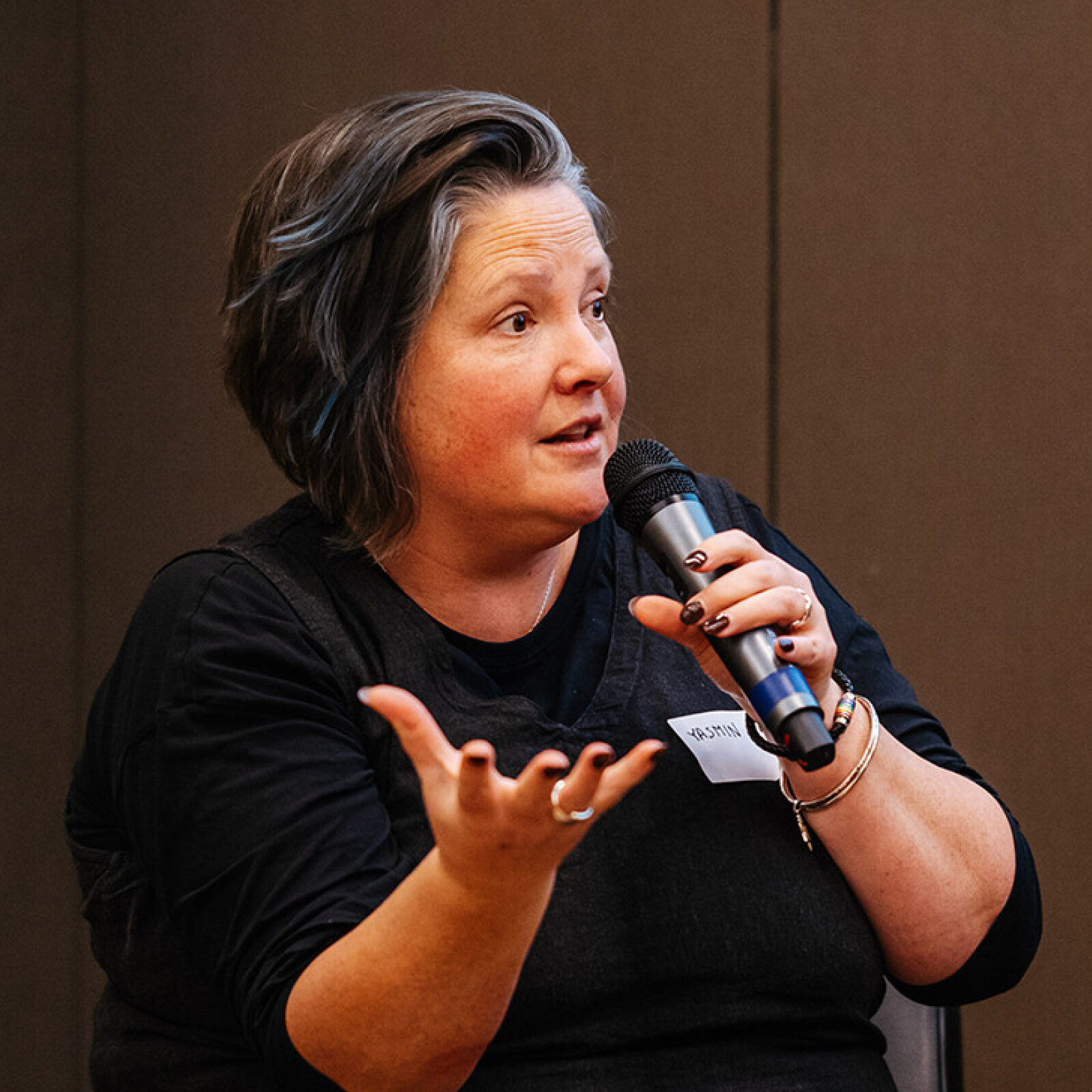1. SaMPaS: Salt Marsh Participatory Sensing
Serena Pollastri
Lancaster University with Wyre Council
Through a design-led partnership with a local authority, SaMPaS will innovate community involvement in processes of planning and monitoring salt marsh regeneration for coastal adaptation. The project will pilot a toolkit for collecting and sharing different types of environmental data (quantitative and qualitative) between community groups and local authorities.
2. Social Fibre
Mael Henaff
University of the Arts London with UPP Corporation
Social Fibre proposes the use of innovative fibre broadband services to address environmental concerns faced by coastal communities in Lincolnshire and Norfolk. The project will explore how the adoption of low environmental impact and reliable high-speed communication technologies and services can improve resilience and reinforce social and environmental ecosystems in East Anglia.
3. Visualisation and engagement toolkit for coastal erosion system
Andrew Wodehouse
University of Strathclyde with Siskin Asset Management Ltd
Siskin Asset Management Ltd is conducting R&D into an affordable, environmentally sound method for the effective mitigation of soft coastline erosion. Through collaboration with University of Strathclyde, this project will deliver new visualisations and engagement toolkit to help communicate the advantages of the system to different stakeholders.
4. Bridport College of Sustainable Skills and Technologies
Jocelyn Bailey
University of the Arts London with Bridport Town Council
Working with Bridport Town Council, this project will develop the model for an innovative new college in rural West Dorset, focused on skills to support the green transition. The project responds to local needs and key Council strategies around supporting businesses, and providing training for young people, in sustainable transitions.
5. Participatory Neighbourhood Planning for the ‘Brown to Green’ Transition in Tyneside
Jiayi Jin
Northumbria University with Omanos Analytics
The project focuses on co-developing and implementing a participatory app to capture information, thoughts and ideas about the environmental and social impact of industrial operations on communities. Then co-design with local stakeholders to identify interventions that can best satisfy future needs in the context of the ‘Brown to Green’ Transition.
6. Unlocking the potential of potato fibres for circular economy on the Channel Islands
Elena Dieckmann
Imperial College London with Fibe Ltd
50% of Jersey’s land is for agriculture, with Jersey Royals making up around 70% of the isle’s turnover. Using Fibe’s novel sustainable process, the harvest waste from these potatoes can be converted into enough textile to supply twice the isle’s demand whilst offering an additional £1M directly to the farmers.
7. Peat, Diesel and Seaweed: Using Poetry to Design Green Transition in Northwest Highland
Mandy Haggith
University of the Highlands and Islands with Assynt Development Trust
This creative arts research will engage local organisations and young people in designing crucial areas of green transition in Northwest Sutherland: carbon sequestration in peatlands; marine use of diesel and its renewable alternatives; and the potential for seaweed and other local resource cultivation to deliver green livelihoods in future.
8. The Power of Waves
Shaun Borstrock
University of Hertfordshire Higher Education Corporation with Wood Bros (Furniture) Ltd
The Power of Waves will involve a collaboration between traditional furniture manufacturer Wood Bros, Harris Tweed Hebrides' network of home weavers and mill workers, and Fishy Filaments recycled fishing nets to design and manufacture unique home products that meet green transition goals and create new revenue streams.
9. ZeroMargate: A coastal park climate activator
Carolina Vasilikou
University of Reading/Manchester Met with Studio
Studio Sam Causer, Urban Transcripts and the University of Reading propose the ZeroMargate as a climate awareness activator project that promotes the re-use of the coastal heritage and seaside infrastructure (historic shelters and other structures) in Margate and re-define them as drivers of change for the green transition.
10. Digital Seascapes
Katharine Willis
University of Plymouth with Plymouth City Council
Digital Seascapes is a co-design approach to designing new ways for communities to engage with the sea as a public space. The project will test a community co-design process using digital tech to be used to engage communities around access and caring for the sea.
11. Building with/for Bridport: A systems thinking methodology for housing codesign in coastal communities
Alejandro Veliz Reyes
University of Plymouth with Wessex Community Assets
Wessex Community Assets (Bridport) and the University of Plymouth are collaborating on the participatory co-creation of sustainable community housing and material futures. Through action research, we will develop a co-design methodology following a systems thinking approach, responding to broader multi-dimensional environmental and socio-economic challenges in coastal communities and economies.
12. A feasibility study into ultra-low carbon bricks utilising local construction waste for coastal infrastructure
Sian Ricketts
Imperial College London with Carmody Groarke
Conventional brick fabrication is typically an extractive and energy-intensive process. This study aims to test a new vernacular approach to the sourcing, manufacturing and construction of building materials through the development of ultra-low carbon bricks which utilise local construction and municipal waste streams for coastal infrastructure.
13. Sustainable period products: mitigating beach waste and period poverty
Rhianna Briars
De Montfort University with Femme-Tasse Ltd
This project aims to assess, benchmark and develop an improved product meeting the emerging needs of the reusable menstrual market. Product development of reusable period pants will consider coastal community needs and preferences alongside design for durability, efficacy, comfort and end of product life management.
14. Scarborough Atlas
Helen Lau
Coventry University with Scarborough Museums Trust
Scarborough Atlas (SA) is the development of an online platform linking digital twins of artefacts at Scarborough Museum Trust (SMT) to trails and stories about the places from which the artefacts originate in North Yorkshire. Connecting artefacts to geographical landmarks, trails and areas of natural beauty, connecting heritage to tourism.
15. Bio-enhanced Surface Protection of Heritage Buildings in UK Island and Coastal Communities for Holistic Carbon Emissions Reduction
Julie Trindade
University of Hertfordshire Higher Education Corporation with UK Hempcrete Ltd
The partnership will formulate a bio-enhanced lime wash self-repairing building surface to apply it to Isle of Jura distillery historic buildings dating back to 1810 and to up-skill local the communities in maintenance of their buildings. The approach increases carbon absorption in facades and reduces conventional maintenance causing emissions and disruption.
16. Nature-based solutions to sewage dumping on the North Kent Coast
Julia King
London School of Economics with SOS Whitstable
This project explores the significance, impacts and implications of alternative wastewater systems in the context of the sewage dumping crisis in UK coastal communities. It investigates and proposes alternative well-designed, community-based, public infrastructure and guiding principles for local government decision-makers.
17. Designing Managed Retreat: Coastal Communities in the Green Transition
Benjamin Mehigan
Royal College of Art with the Architecture Foundation
This project will develop a new toolkit to help local communities deal with net zero design challenges arising from a managed retreat from coastal areas affected by long-term climate change impacts and sea-level rise.
18. Restoration and Redesign: A Circular System Economy for a Coastal Community
Alison Gault
University of Ulster with Mourne Textiles
The project seeks to co-create a local circular supply chain through the restoration of textile spinning equipment for a coastal community SME located in the Mourne and Newry district, Northern Ireland. Exploiting the potential heritage and preservation of past skills for new textile fibre development for diverse applications.








